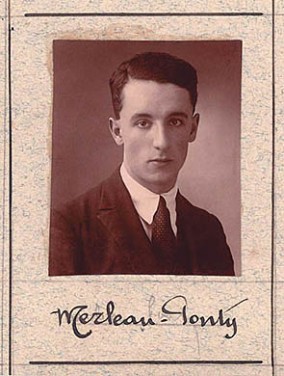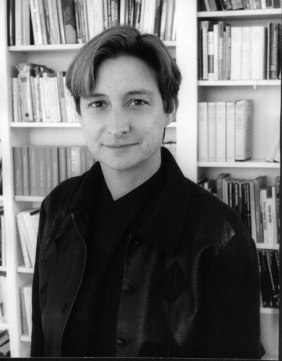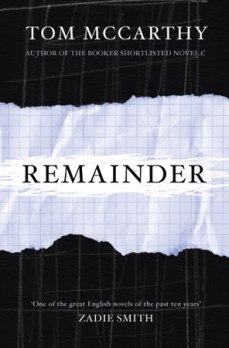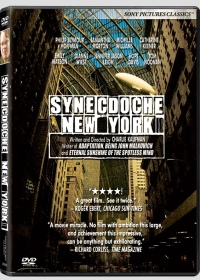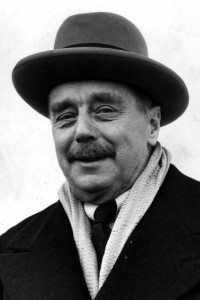Can You Hear Me?
The Importance of Voice in Identity and the Recognition of the Other.
In this article I will argue for the importance of Voice in our understanding of human identity and argue that the recognition of the Other is not dependent on vision alone but is supported by at least two of the other senses; touch and hearing.
A child’s vision takes time to develop, a new born can only distinguish forms and object a couple of inches away, yet their hearing and sense of touch are often more, or even fully, developed at birth. Indeed a baby, before being able to recognize the Other visually and before they are aware of their bodily limits and image, Lacan’s ‘mirror stage’, they, through touch, are able to recognize the difference between touching and being touched, in other words, the physical limitation of their body. Or as Merleau-Ponty (1962) argues on the importance of the body; ‘the body catches itself from the outside engaged in a cognitive process […] and initiates ‘a kind of reflection’ which is sufficient to distinguish it from objects.’(107).
Perfomativity in the Post-Human
The reappropriation of performativity in Tom McCarthy’s Remainder, Kazuo Ishiguro’s Never Let Me Go and Synecdoche New York.
In Bodies That Matter Judith Butler argues for a different understanding of gender and sexuality than was previously accepted. In this text Butler coins the term performativity in relation to gender roles and gender identity. Butler argues that none of us are born with a gender but that what we perceive as gender roles are social constructs. This idea of gender roles, or “sex” as Butler labels it, as a social construct does however come with a problem as ‘this relation between culture and nature implies a culture or an agency of the social which acts upon a nature, which is itself presupposed as a passive surface, outside the social and yet its necessary counterpart’. The problem that has raised the issue of performativity for Butler is the idea that ‘bodies never quite comply with the norms by which their materialization is impelled’ (2)
Butler further argues that, once the normative ideal has been accepted, we are compelled to then act upon this ideal of gender roles and relate our own gender identity with this and perform accordingly, to act as is expected of us by both the Other and the Self. Butler continues by arguing that this act is exactly that, an act, or a performance. This performance is however a complicated idea as this performance of gender roles is different from that of actors on a stage. She thus labeled it performativity which she defines ‘not as a singular or deliberate “act,” but, rather, as the reiterative and citational practice by which discourse produces the effects that it names’ and produces ‘the phenomena that it regulates and constraints.’(2) Butler finally argues that the concept of performativity results in a radical ‘rethinking of the process by which a bodily norm is assumed, appropriated, taken on as not, strictly speaking, undergone by a subject, but rather that the subject, the speaking “I,” is formed by virtue of having gone through such a process of assuming a sex.’(3)
In this article I will look at three contemporary texts which, as I will argue, have taken the construct of performativity beyond the limits of gender roles and gender identity. I will argue that the 2006 novel Remainder by Tom McCarthy, Kazuo Ishiguro’s 2005 novel Never Let Me Go and the 2008 movie Synecdoche, New York have taken Butler’s concept out of issues of gender and reapporpriated them for the post-human concept of identity and the disassociation of the self. I will argue that the forming of the subject through the assuming of a sex by performativity and normative ideals is not only limited to gender roles but is, in post-human society, further developed to envelop all of identity, the self, and our understanding of the human.
H.G. Wells’ The Time Machine and ADHD’s Implications For Education
A little while ago I decided to reread father of science fiction H.G. Wells’ The Time Machine after obtaining an absolutely gorgeous illustrated edition published by the Folio Society. Whilst reading through this short story I came across a particular section which sparked a new idea and again suggested to me the brilliance of Wells’ writing.
Part of The Time Machine’s charm lies in the speculations and theories with which the protagonist. the time traveller, tries to understand the strange sights, experiences, and societies of this future earth. The passage i was referring to earlier is one of the Time Traveller’s attempts to address the evolution of these new human-like beings that appear to populate earth at that future time, the Eloi;
“Humanity had been strong, energetic, and intelligent, and had used all its abundant vitality to alter the conditions under which it had lived. […] Under the new conditions of perfect comfort and security, that restless energy, that with us is strength, would become weakness. Even in our own time certain tendencies and desires, once necessary to survival, are a constant source of failure” (38-39)
